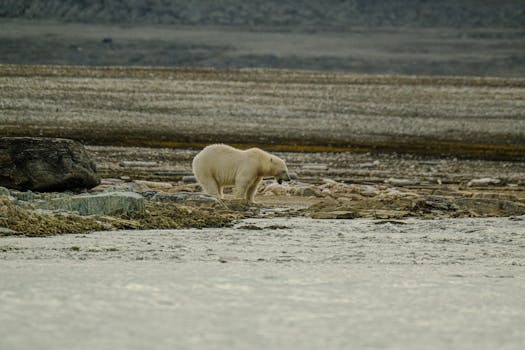
Introduction

The impact of climate change on global ecosystems is one of the most pressing issues of our time. Rising temperatures, shifting weather patterns, and increasing sea levels are just a few of the changes that are reshaping our planet. Understanding these impacts is crucial for conservation efforts and policy-making.
Effects on Biodiversity

Climate change poses significant threats to biodiversity. Species are struggling to adapt to rapid environmental changes, leading to habitat loss and extinction. For instance, polar bears are losing their ice habitats due to melting glaciers, while coral reefs are suffering from bleaching as ocean temperatures rise.
Forest Ecosystems

Forests play a vital role in regulating the climate by absorbing carbon dioxide. However, climate change is resulting in increased wildfires, pests, and diseases, which devastate forest ecosystems. The Amazon rainforest, often referred to as the Earth’s lungs, is particularly vulnerable, with deforestation exacerbating its decline.
Marine Ecosystems

Marine ecosystems are experiencing dramatic changes due to climate change. Ocean acidification, resulting from increased CO2 absorption, threatens marine life, particularly shellfish and coral. Additionally, fish populations are shifting towards cooler waters, disrupting fishing industries and local economies.
Impact on Agriculture

Climate change also affects agricultural ecosystems. Altered precipitation patterns and extreme weather events can lead to crop failures and food insecurity. Farmers must adapt by changing planting schedules and selecting more resilient crop varieties, which can be a significant challenge in developing regions.
Conclusion

In conclusion, the impact of climate change on global ecosystems is profound and wide-reaching. Addressing these challenges requires immediate action, collaboration, and innovative solutions to protect our planet’s biodiversity and ensure a sustainable future.






